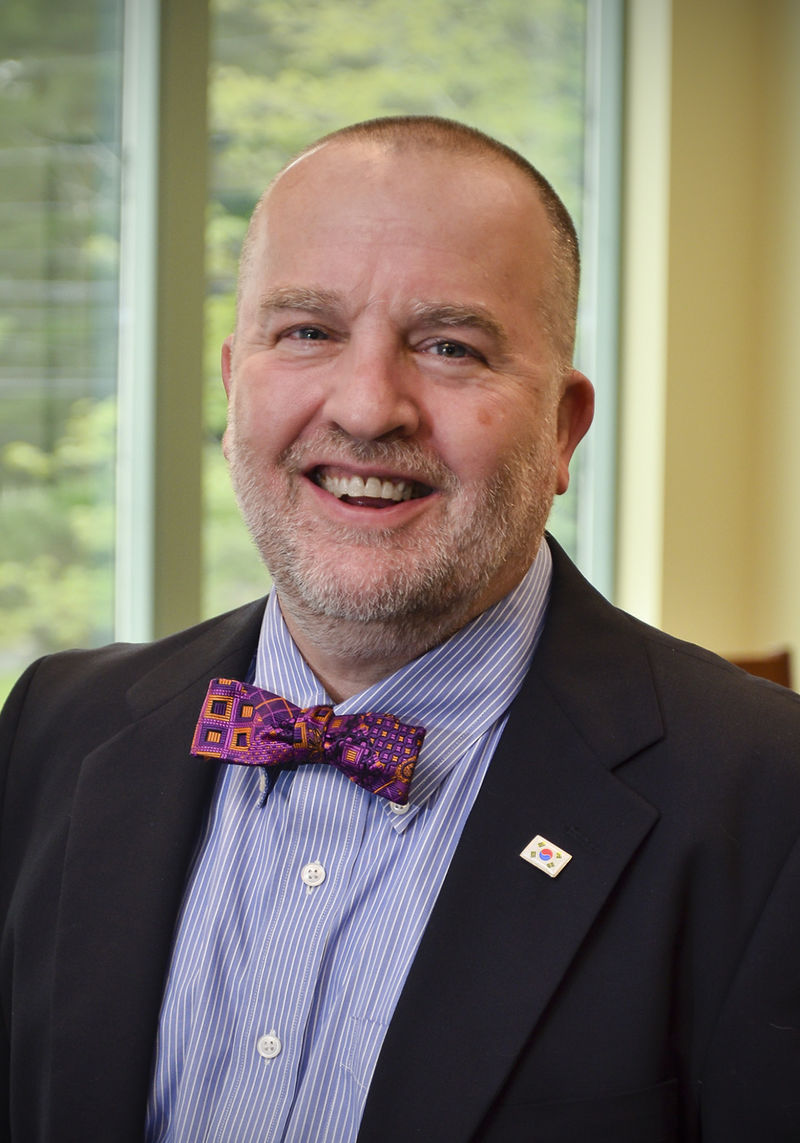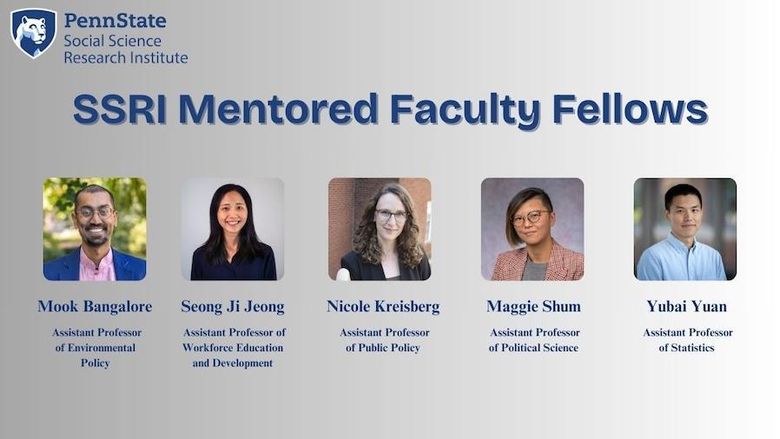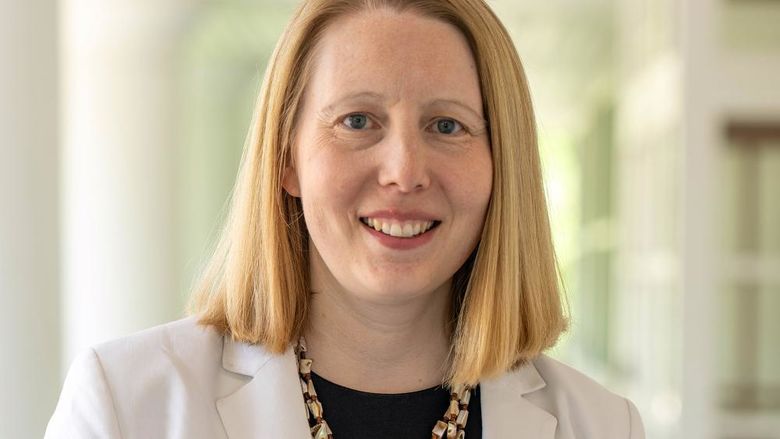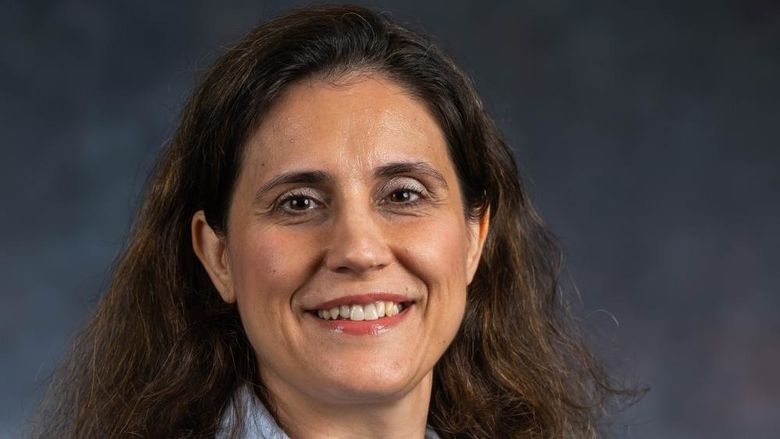UNIVERSITY PARK, Pa. — Eric W. Corty, a faculty member at Penn State Behrend since 1993, has been appointed director of the School of Humanities and Social Sciences at the campus. He brings to the position more than three decades of experience in teaching, research, outreach and academic leadership.
Corty, a professor of psychology, had served as interim director of the school since 2015. Prior to that, he was associate director.
He has continued to teach: This semester, Corty, who is an expert in psychometrics — the development of measurable psychological variables — is teaching a statistics course developed for students in the campus' new master of arts in applied clinical psychology program.
His work in the classroom has been recognized both at Behrend and across the University. He received the Council of Fellows Excellence in Teaching Award in 1997 and became a Penn State Teaching Fellow in 2001, when he received the Alumni Association and Student Award for Teaching Excellence.
“Eric is passionate about the role of the humanities and social sciences in developing students who can respond to complex issues and problems, embrace diversity and adapt and prosper as society changes,” Chancellor Ralph Ford said. “I am confident in his ability to advance the school and position its graduates for success across a range of disciplines.”
Corty holds a doctorate in clinical psychology from Indiana University and a bachelor’s in psychology from Vassar. He was a postdoctoral fellow at the University of Pennsylvania and at the Case Western Reserve University School of Medicine.
He is an active researcher, with more than 40 peer-reviewed publications and book chapters. During his career, he has secured more than $1 million in grant funding.
Corty’s vision for the school includes a new, interdisciplinary focus: He believes students can distinguish themselves by coupling a humanities or social-science degree with a minor from a second discipline. By adding a general minor in engineering or science, for example, an English major who hopes to work as a technical writer would have more options.
“We have to prepare our students with more applied skills,” Corty said. “We can do this within our majors, or as we develop new majors, including our arts administration and digital media, arts and technology programs. We can do it by developing seminars that give our students professional skills, career planning skills and an interdisciplinary capstone experience.”
The interdisciplinary approach also will benefit students in Behrend's other schools, said Corty, who taught at Bradley University and conducted research on opiate addiction at the University of Maryland School of Medicine before coming to Penn State Behrend.
“Study of the humanities and social sciences broadens perspectives and makes us better people,” he said. “That’s important even if there is not a job title associated with it.”
Robb Frederick
Director of Strategic Communications, Penn State Behrend






